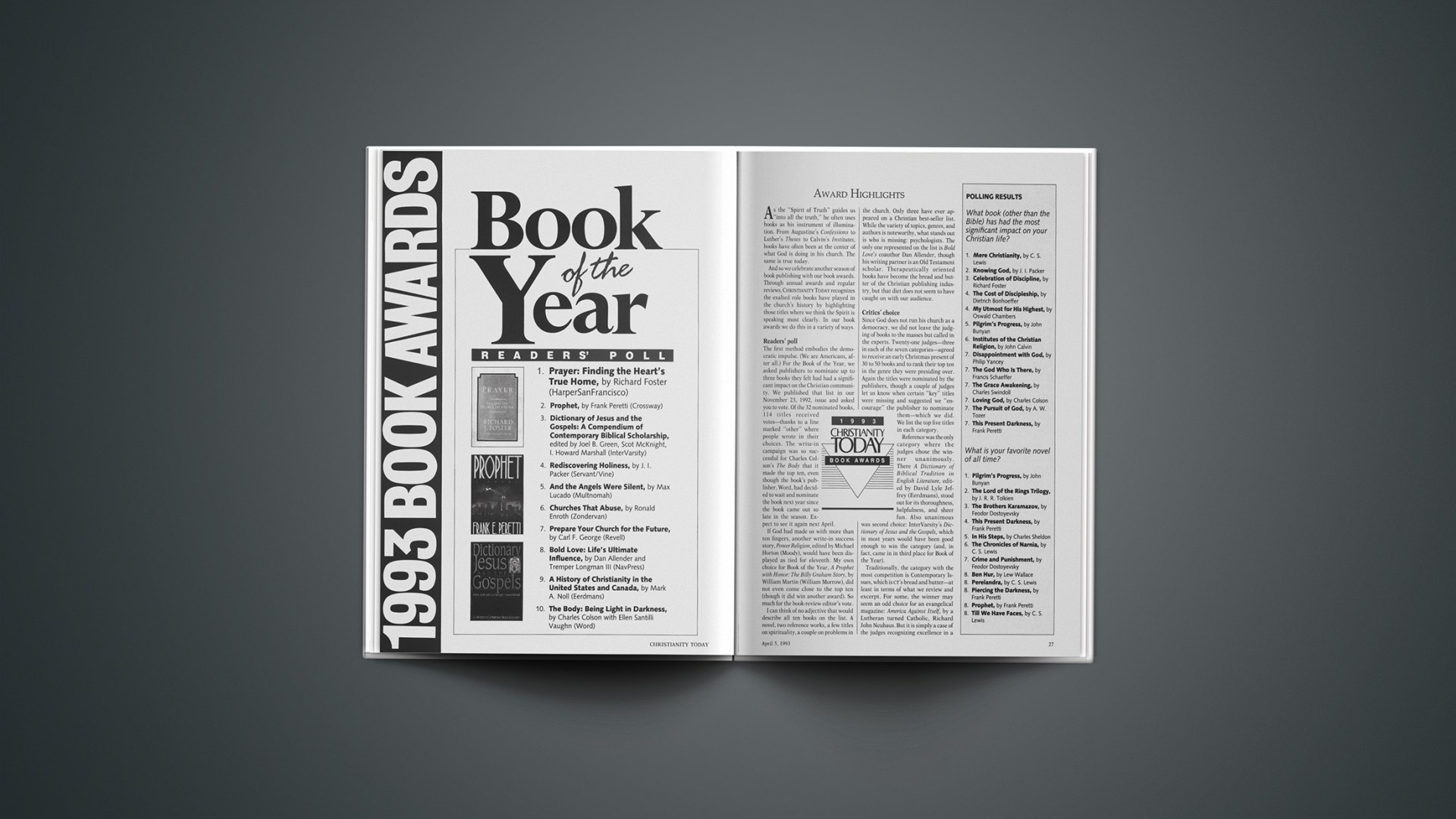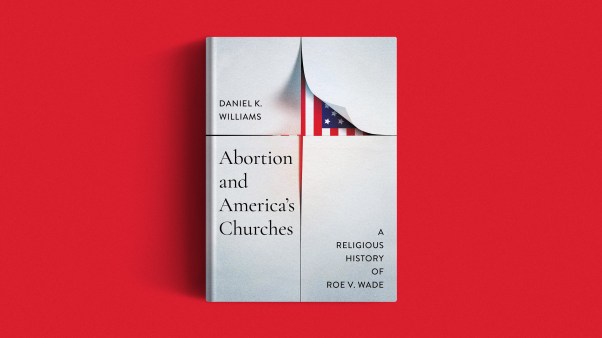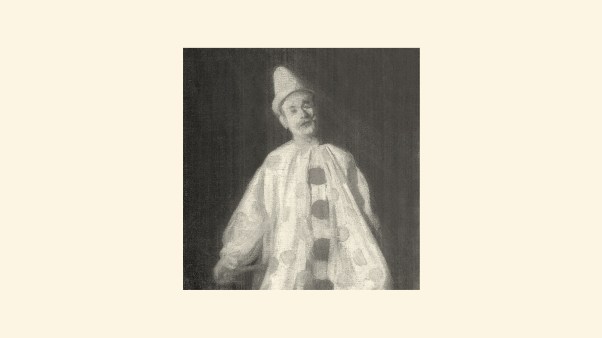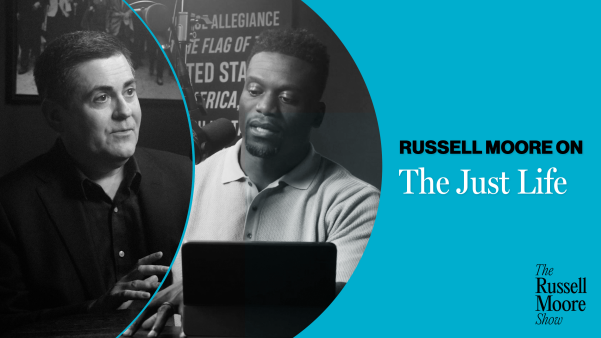As the “Spirit of Truth” guides us “into all the truth,” he often uses books as his instrument of illumination. From Augustine’s Confessions to Luther’s Theses to Calvin’s Institutes, books have often been at the center of what God is doing in his church. The same is true today.
And so we celebrate another season of book publishing with our book awards. Through annual awards and regular reviews, CHRISTIANITY TODAY recognizes the exalted role books have played in the church’s history by highlighting those titles where we think the Spirit is speaking most clearly. In our book awards we do this in a variety of ways.
Readers’ poll
The first method embodies the democratic impulse. (We are Americans, after all.) For the Book of the Year, we asked publishers to nominate up to three books they felt had had a significant impact on the Christian community. We published that list in our November 23, 1992, issue and asked you to vote. Of the 32 nominated books, 114 titles received votes—thanks to a line marked “other” where people wrote in their choices. The write-in campaign was so successful for Charles Colson’s The Body that it made the top ten, even though the book’s publisher, Word, had decided to wait and nominate the book next year since the book came out so late in the season. Expect to see it again next April.
If God had made us with more than ten fingers, another write-in success story, Power Religion, edited by Michael Horton (Moody), would have been displayed as tied for eleventh. My own choice for Book of the Year, A Prophet with Honor: The Billy Graham Story, by William Martin (William Morrow), did not even come close to the top ten (though it did win another award). So much for the book-review editor’s vote.
I can think of no adjective that would describe all ten books on the list. A novel, two reference works, a few titles on spirituality, a couple on problems in the church. Only three have ever appeared on a Christian best-seller list. While the variety of topics, genres, and authors is noteworthy, what stands out is who is missing: psychologists. The only one represented on the list is Bold Love’s coauthor Dan Allender, though his writing partner is an Old Testament scholar. Therapeutically oriented books have become the bread and butter of the Christian publishing industry, but that diet does not seem to have caught on with our audience.
Critics’ choice
Since God does not run his church as a democracy, we did not leave the judging of books to the masses but called in the experts. Twenty-one judges—three in each of the seven categories—agreed to receive an early Christmas present of 30 to 50 books and to rank their top ten in the genre they were presiding over. Again the titles were nominated by the publishers, though a couple of judges let us know when certain “key” titles were missing and suggested we “encourage” the publisher to nominate them—which we did. We list the top five titles in each category.
Reference was the only category where the judges chose the winner unanimously. There A Dictionary of Biblical Tradition in English Literature, edited by David Lyle Jeffrey (Eerdmans), stood out for its thoroughness, helpfulness, and sheer fun. Also unanimous was second choice: InterVarsity’s Dictionary of Jesus and the Gospels, which in most years would have been good enough to win the category (and, in fact, came in in third place for Book of the Year).
Traditionally, the category with the most competition is Contemporary Issues, which is CT’s bread and butter—at least in terms of what we review and excerpt. For some, the winner may seem an odd choice for an evangelical magazine: America Against Itself, by a Lutheran turned Catholic, Richard John Neuhaus. But it is simply a case of the judges recognizing excellence in a wise and well-written book.
The publishers with the most awards came as no surprise. Both Eerdmans (7) and InterVarsity (6) excel at publishing substantial and important books.
Even though the critics’ choices encompass 37 titles in seven categories, it is easy to find some commonality among the winners. All the titles describe or encourage a vision of the faith that is thoughtful, rigorous, mature, and whole. Surely the Holy Spirit will do some fine work through these titles.
Looking back
On our November ballot, we also asked you to list some favorite authors and old books. Like the Book of the Year results, the voting ranged widely. Over 100 authors received votes for “favorite living author,” though Charles Colson, one of our CT columnists, was the clear favorite. Readers responded with over 200 titles for the book that “has had the most significant impact on [their] Christian life,” but again there was a clear winner: C. S. Lewis’s Mere Christianity received more than twice as many votes as any other book. Lewis showed up on another list. While neither he nor Frank Peretti won first place in the “favorite novel” competition, each had three titles in, in this case, the top 12, with the rest of Lewis’s novels not far behind.
If books are the underrated means of grace I think they are, then we have much to be thankful for in these award winners, CT congratulates the authors, editors, and publishers for their good work for the kingdom.
By Michael G. Maudlin, book-review editor for CHRISTIANITY TODAY.
Loren Wilkinson is the writer/editor of Earthkeeping in the ’90s (Eerdmans) and the coauthor, with his wife, Mary Ruth Wilkinson, of Caring for Creation in Your Own Backyard (Servant). He teaches at Regent College in Vancouver, British Columbia, Canada.










